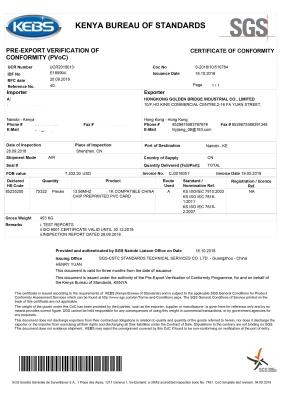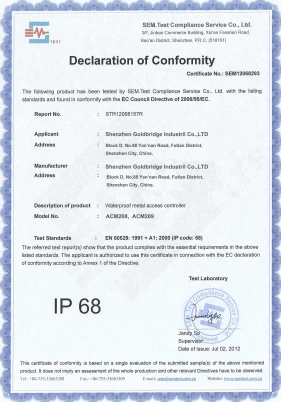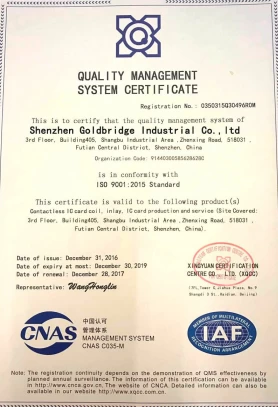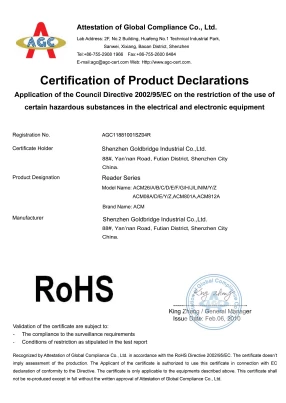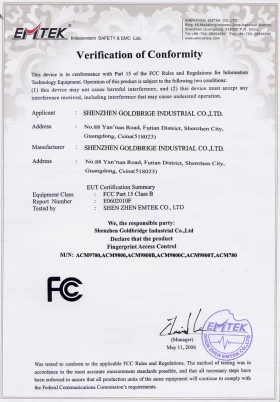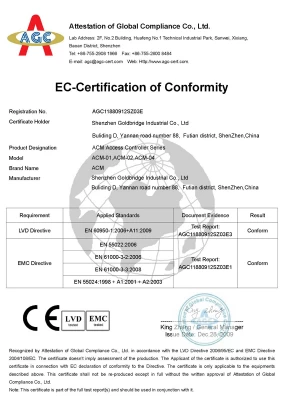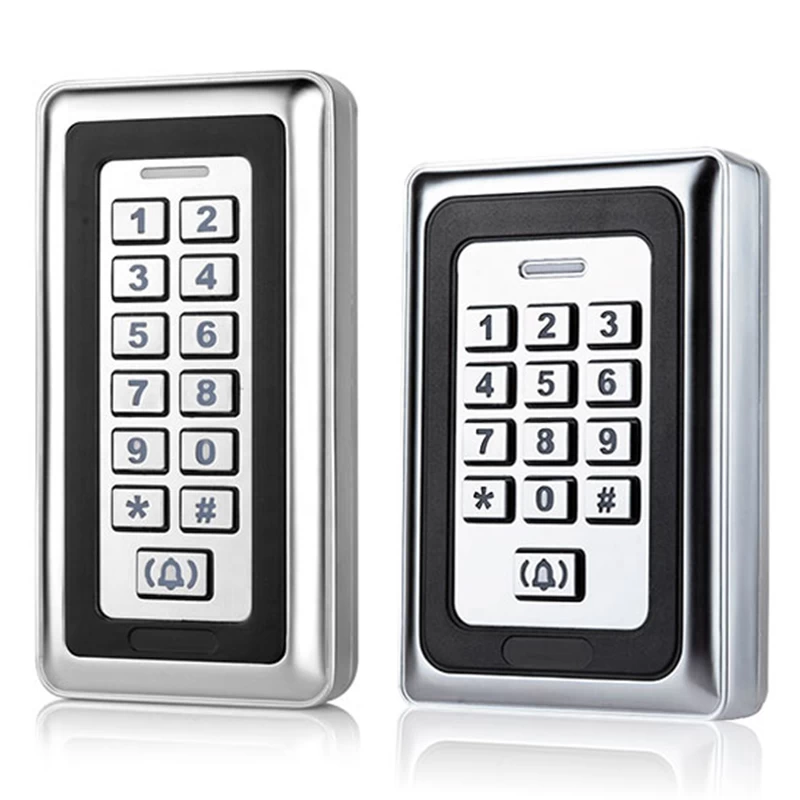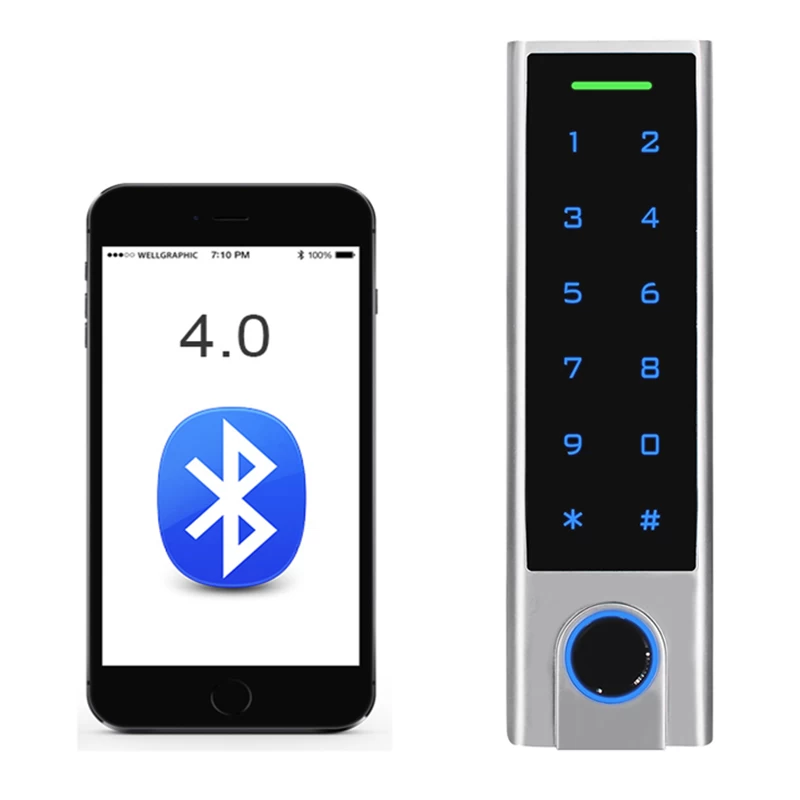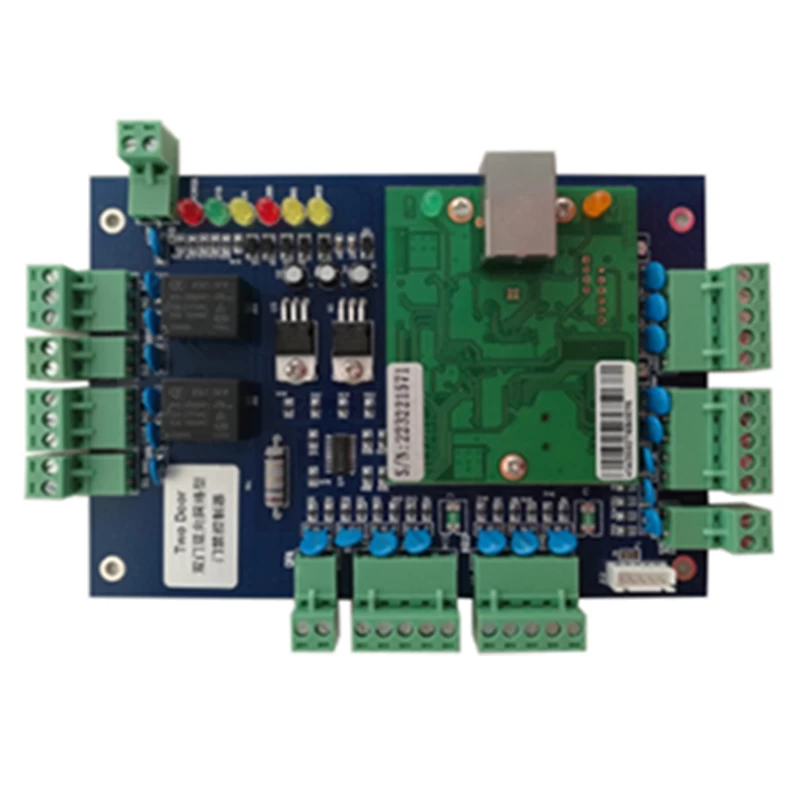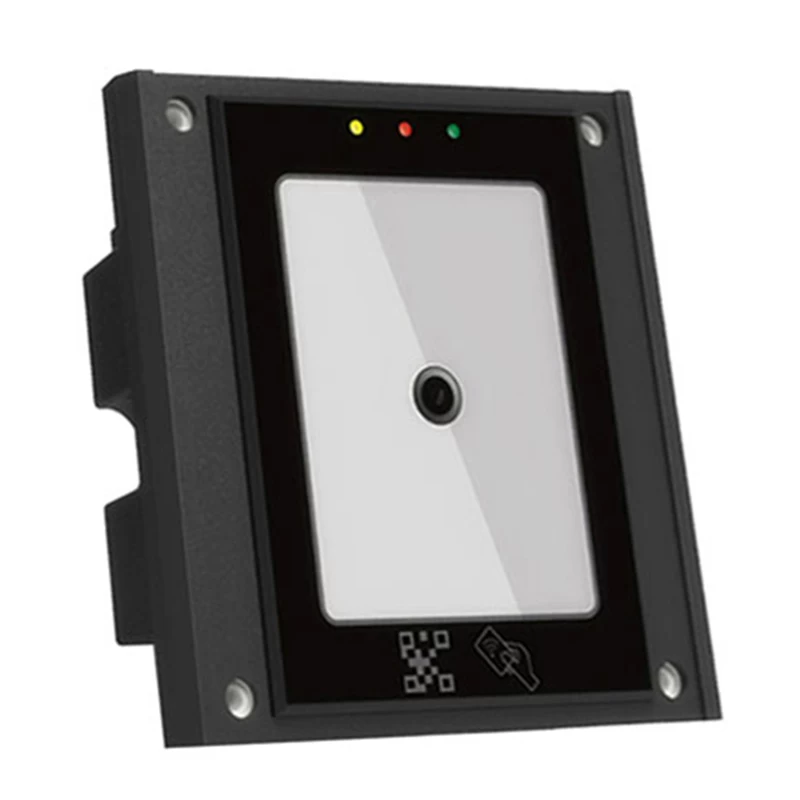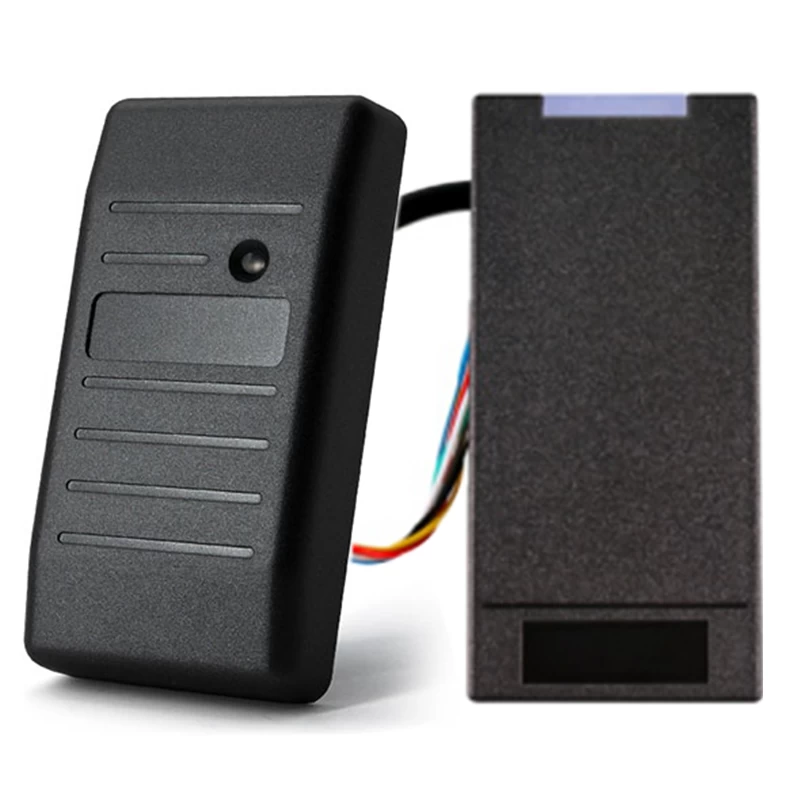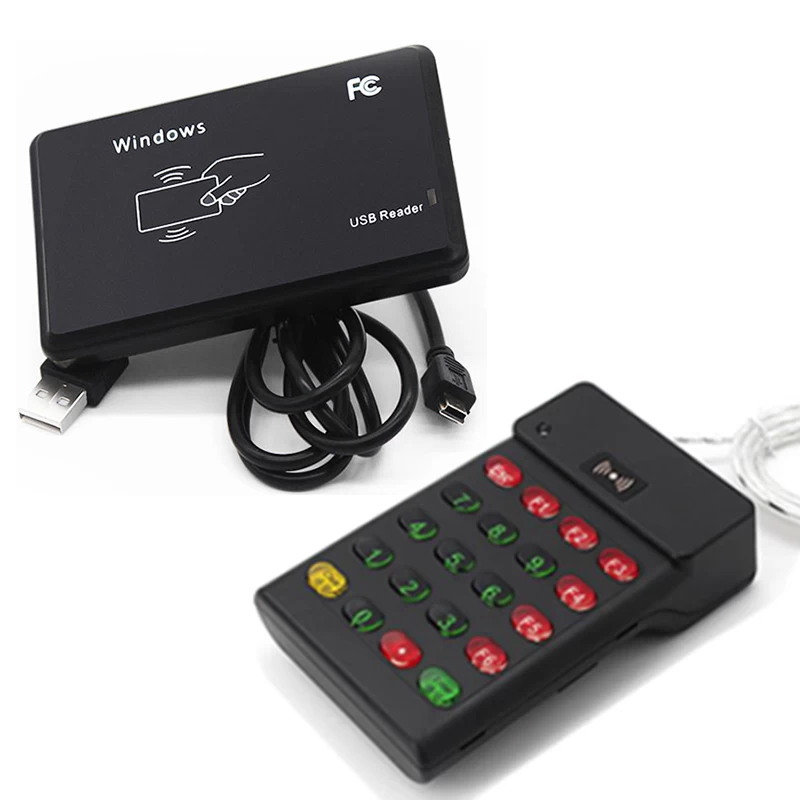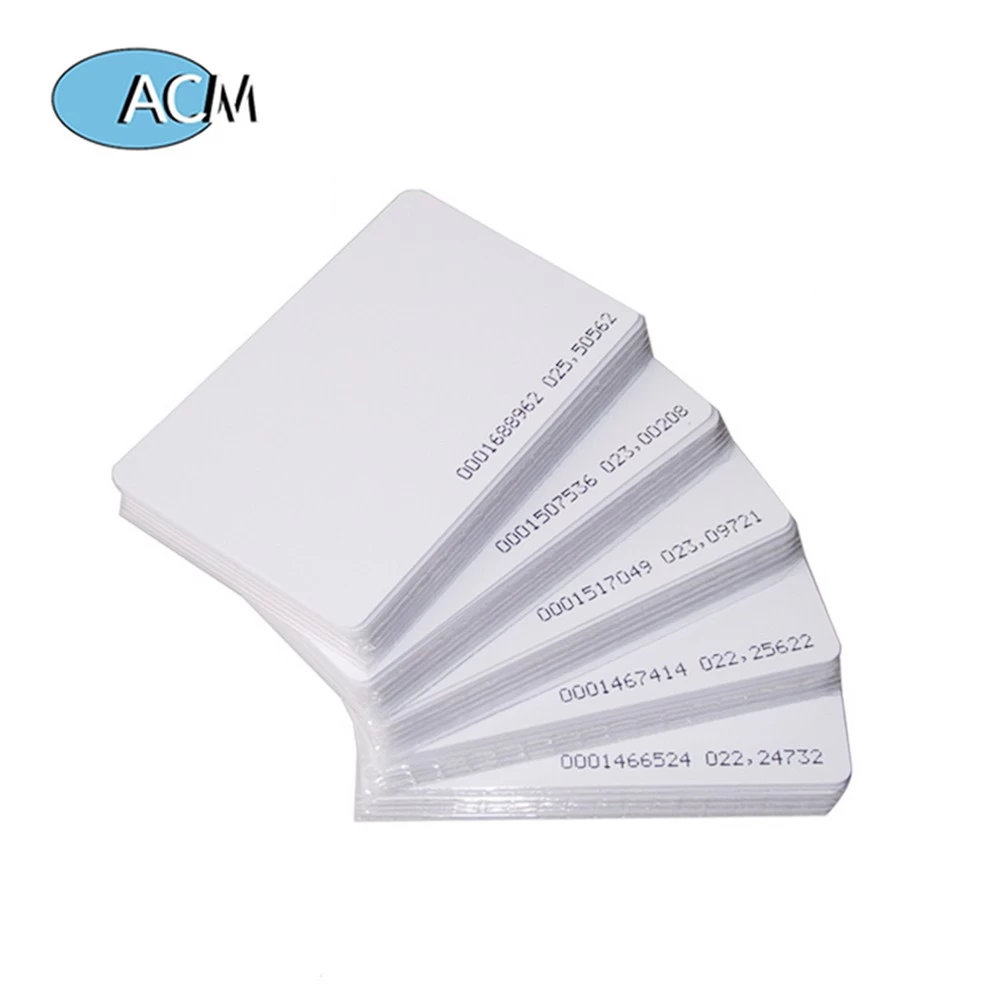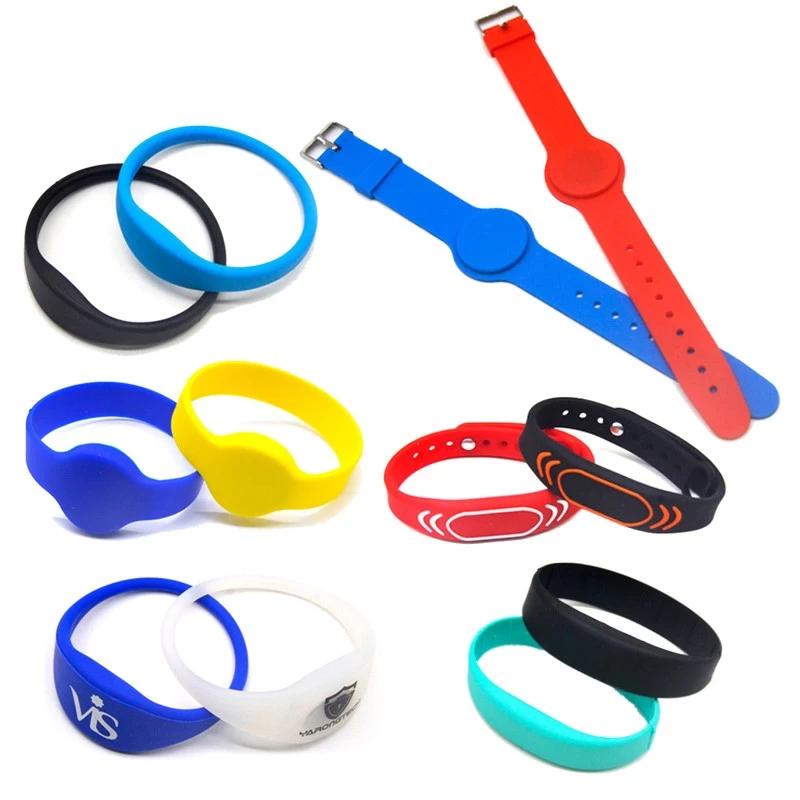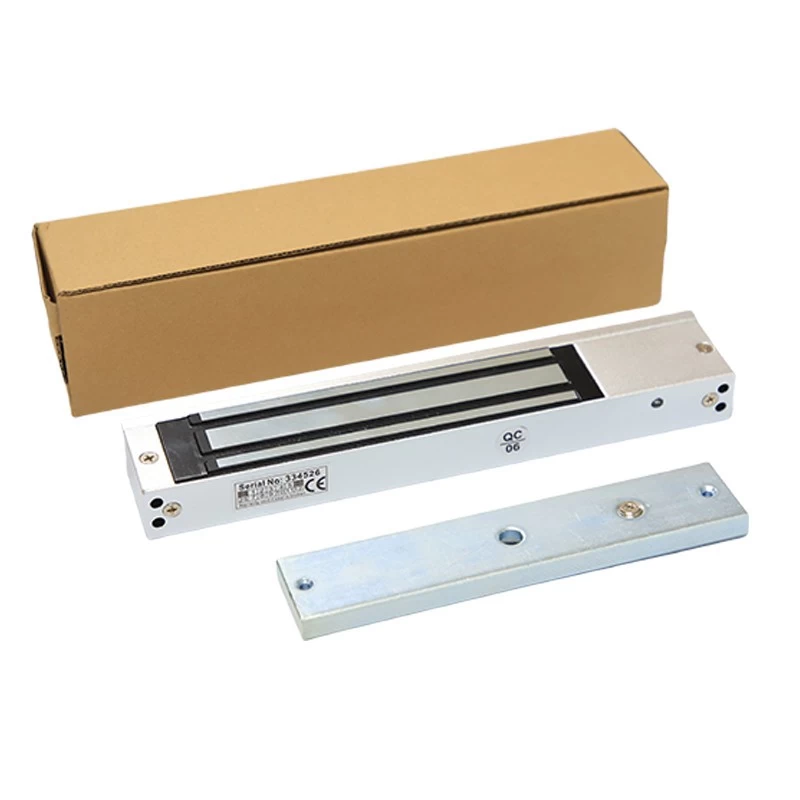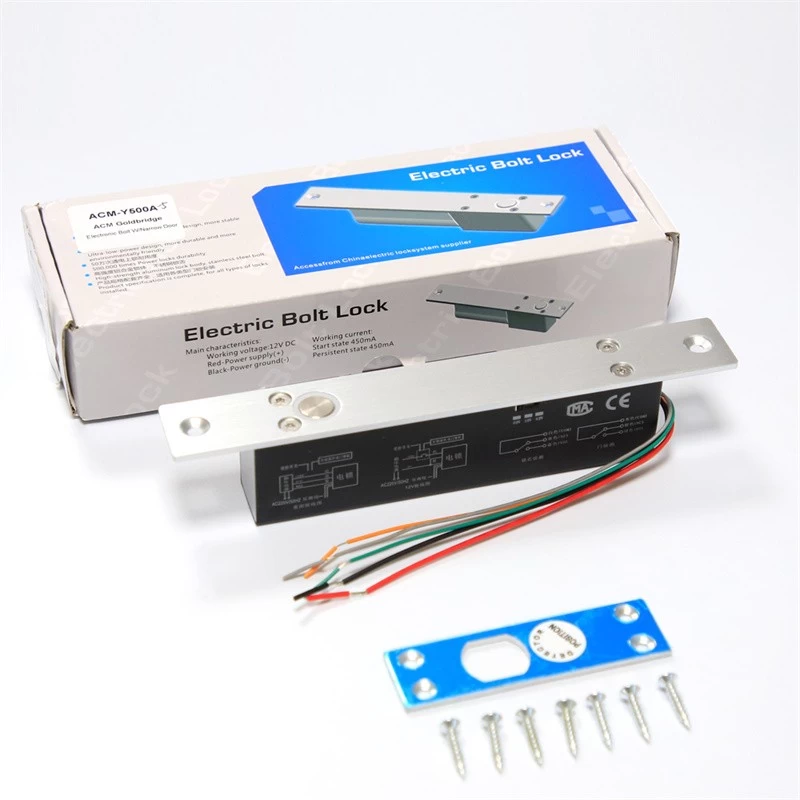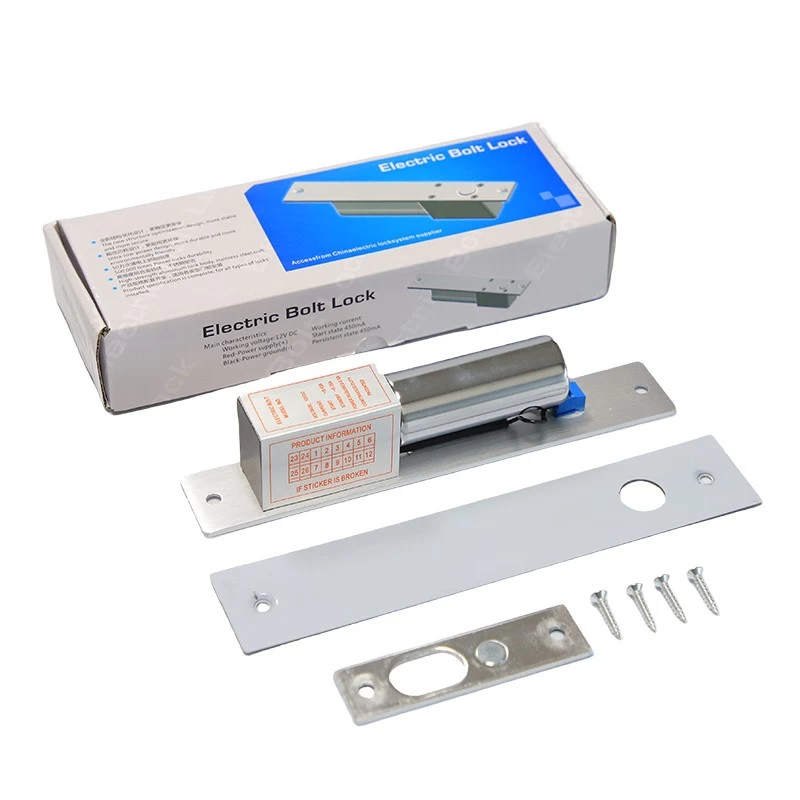RFID History
Here is an article about the history of RFID:
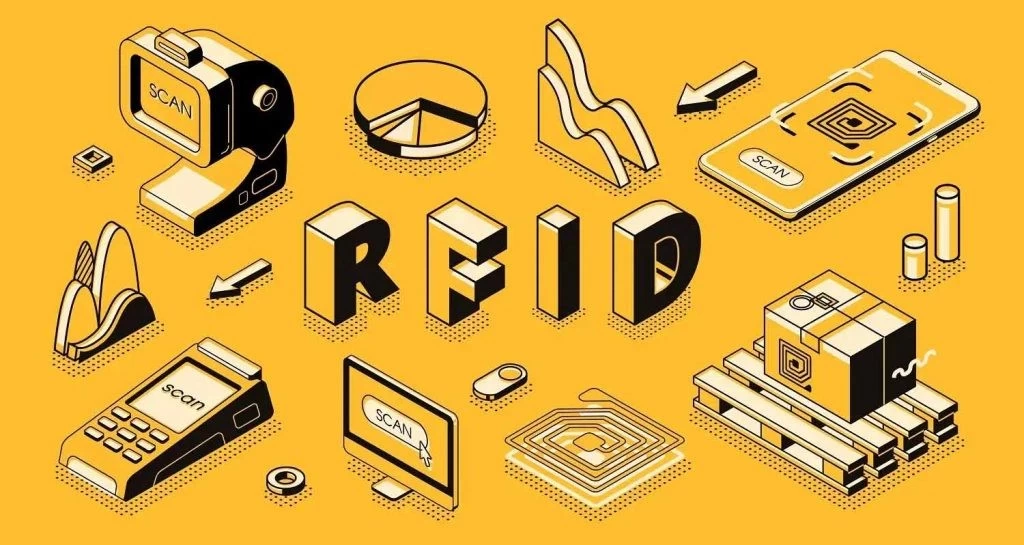
RFID in the Early 20th Century
The history of RFID technology dates back to the early twentieth century, when scientists began to explore the concepts of radio communication and automatic identification. However, the development of real RFID technology began in the 1960s.
In 1969, RFID Took Shape
In 1969, Norman Joseph Woodland and Bernard Silver of the United States invented the prototype of RFID. Their invention was based on a technology that could be identified by radio signals, which came to be known as the barcode. Their idea is to use radio signals instead of barcodes to improve the efficiency of object identification and tracking.
However, under the technical conditions at that time, the application of RFID was limited. Until the 1980s, with the advancement of computer technology and wireless communication technology, RFID technology began to be more widely used. Especially in the field of logistics, inventory management and supply chain, RFID technology is widely used in real-time logistics tracking and management.
RFID at the End of the 20th Century
RFID technology continues to evolve and improve over time. In 1999, the Auto-ID Center in the United States launched the EPC (Electronic Product Code) standard, which laid the foundation for the standardization and commercialization of RFID technology. The EPC standard defines the data structure and communication protocol used in the RFID system, so that RFID devices from different manufacturers can be compatible and interoperable with each other.
Today’s Rfid Technology Applications
With the maturity and popularization of RFID technology, its application in various fields is increasing. Today, RFID technology has been widely used in logistics and supply chain management, retail, healthcare, military, transportation, warehousing and logistics, smart cities and many other industries. It can improve the efficiency of logistics operations, reduce inventory loss, provide accurate asset management and tracking, and improve safety and reliability.
With the rise of the Internet of Things (IoT), RFID technology will play a more important role. Its integration with other sensors and devices makes communication and interaction between objects smarter and more seamless. RFID technology will bring us a more intelligent, efficient and convenient way of life and work.
To sum up, the history of RFID technology can be traced back to the invention of the last century. After decades of development and improvement, it has become an important technology in the field of object identification and tracking. With the development of the Internet of Things, the application prospects of RFID technology will be broader, bringing more convenience and benefits to our lives.


